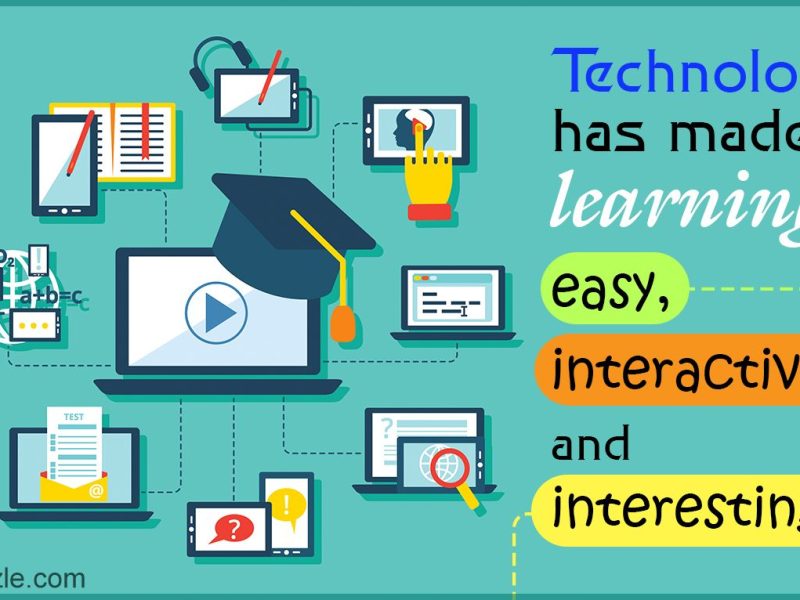Social media has come a long way since the days of Myspace, the early pioneer of social networking. From its humble beginnings, social media has evolved into a multi-billion dollar industry that has fundamentally changed the way we connect, communicate, and consume information.
The Rise of Myspace
Back in the early 2000s, Myspace was the go-to social networking platform for young people looking to connect with friends, share photos, and customize their profiles with glittering graphics and autoplaying music. It was a cultural phenomenon that paved the way for the social media revolution that was yet to come.
The Dawn of Facebook
In 2004, Mark Zuckerberg and his college roommates launched Facebook from their Harvard dorm room, forever changing the landscape of social media. Facebook quickly surpassed Myspace in popularity, offering a more streamlined user experience and a focus on connecting with family and friends. It became the social networking giant that we know today, with over 2.8 billion active users worldwide.
The Mobile Revolution
With the rise of smartphones, social media platforms shifted their focus to mobile devices. Apps like Instagram and Twitter gained popularity for their photo-sharing and real-time updates, catering to users who were constantly on the go. This mobile revolution changed the way we consume content and interact with our social networks.
The Snapchat Generation
In 2011, Snapchat introduced the concept of disappearing photos and videos, appealing to younger users who craved authenticity and impermanence. The app’s innovative features, such as Stories and Lenses, set the stage for a new era of social media that prioritized visual communication and ephemeral content.
The Phenomenon of TikTok
Fast forward to 2016, TikTok burst onto the scene with its short-form video format and viral challenges, capturing the attention of Gen Z and millennials around the world. The app’s algorithmic feed and user-generated content have made it a powerhouse in the social media space, with over 1 billion monthly active users and a growing influence on pop culture.
The Future of Social Media
As social media continues to evolve, we can expect to see new platforms and technologies that push the boundaries of communication and connection. Virtual reality, augmented reality, and artificial intelligence are likely to play a prominent role in shaping the future of social media, offering users immersive experiences and personalized content like never before.
In conclusion, the evolution of social media from Myspace to TikTok reflects the changing needs and preferences of users in an increasingly digital world. As we look to the future, it’s clear that social media will continue to shape our culture and society in ways we can only begin to imagine.


